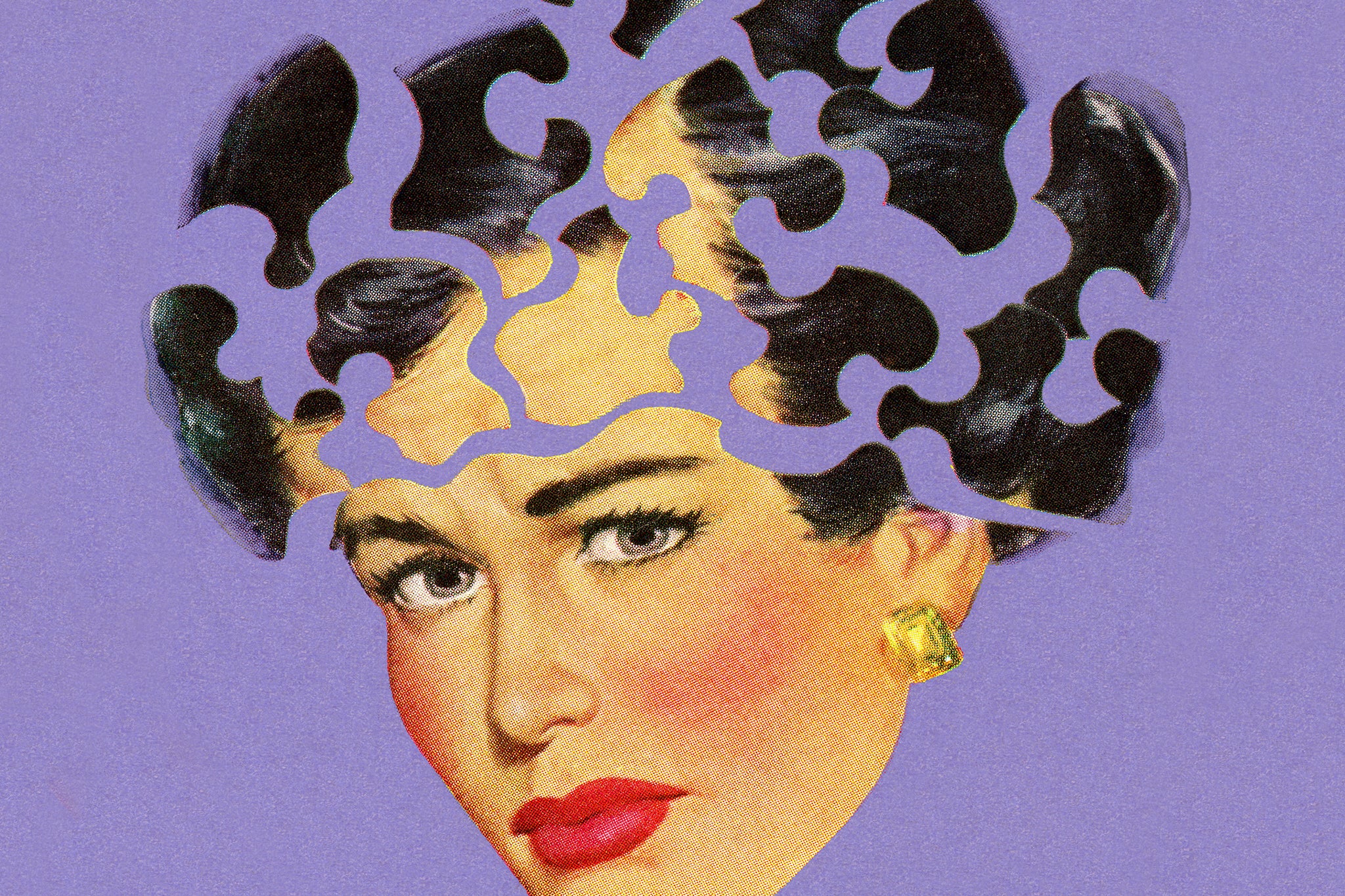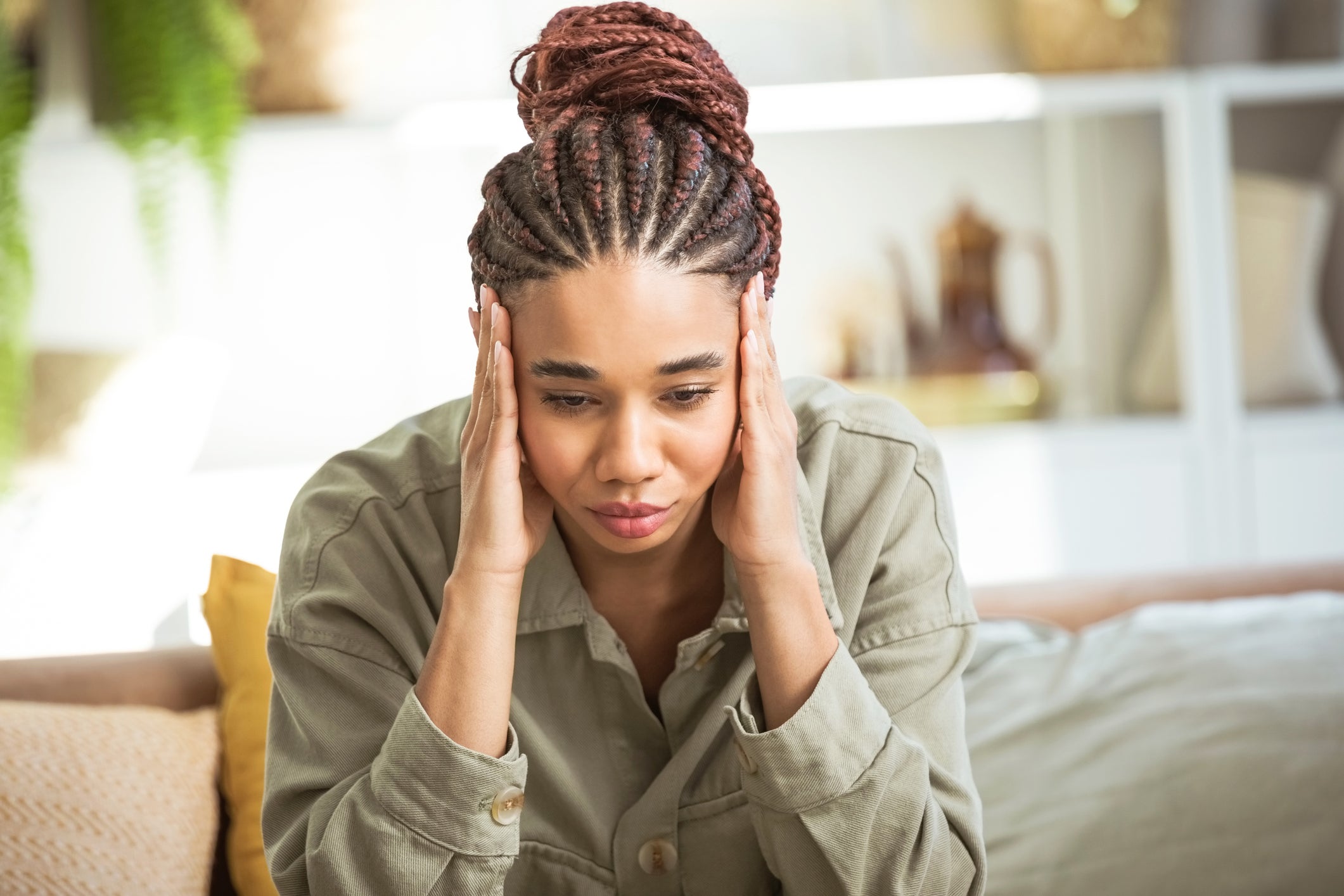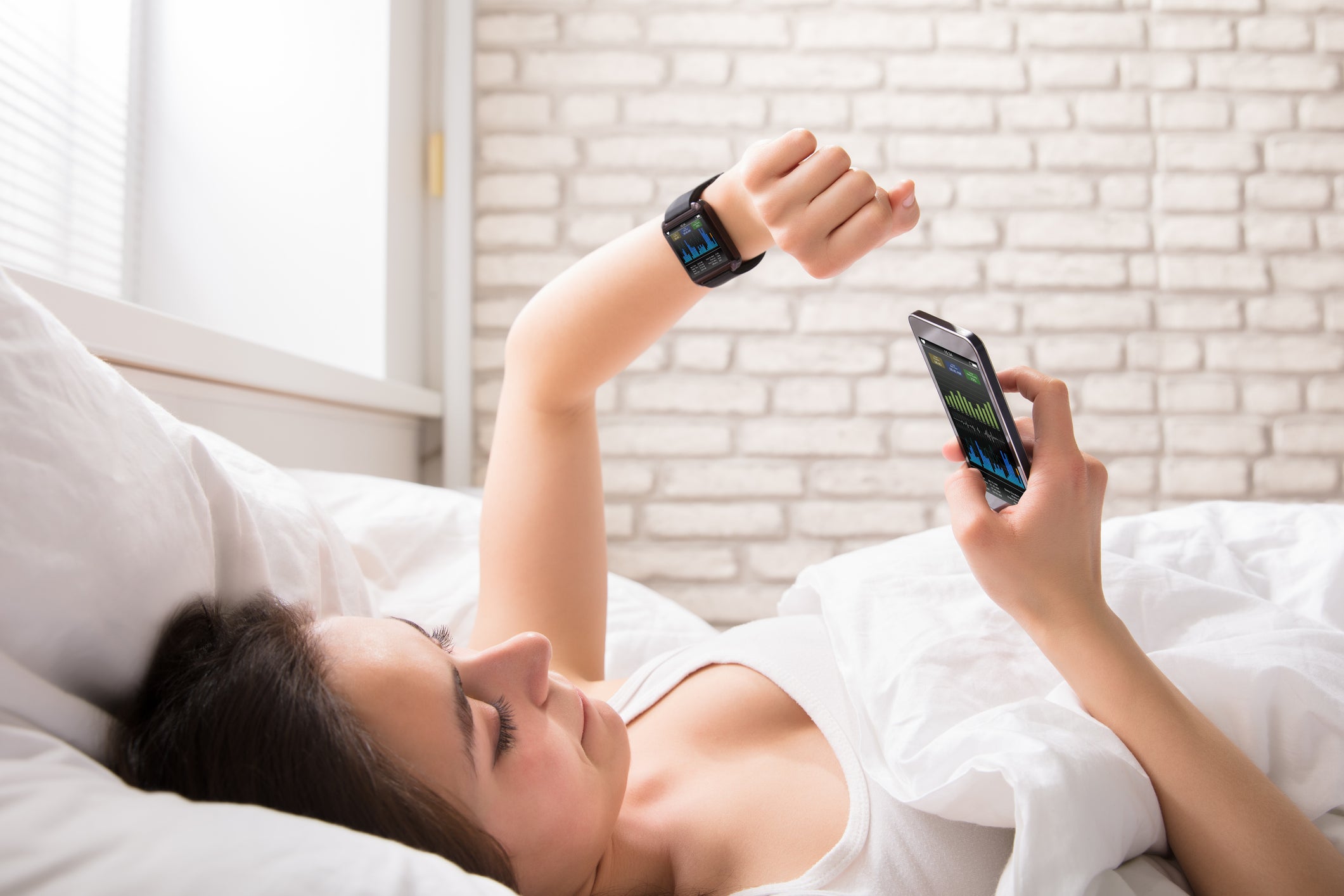How TikTok and Covid got a generation hooked on health scares
Between Covid testing, wellness apps and videos about the apparent ‘warning signs’ of cancer, it’s never been easier to be aware of your own health. But what happens when you become so obsessed with being in tip-top condition that you’re risking full-blown hypochondria, asks Olivia Petter


Your support helps us to tell the story
From reproductive rights to climate change to Big Tech, The Independent is on the ground when the story is developing. Whether it's investigating the financials of Elon Musk's pro-Trump PAC or producing our latest documentary, 'The A Word', which shines a light on the American women fighting for reproductive rights, we know how important it is to parse out the facts from the messaging.
At such a critical moment in US history, we need reporters on the ground. Your donation allows us to keep sending journalists to speak to both sides of the story.
The Independent is trusted by Americans across the entire political spectrum. And unlike many other quality news outlets, we choose not to lock Americans out of our reporting and analysis with paywalls. We believe quality journalism should be available to everyone, paid for by those who can afford it.
Your support makes all the difference.For Maria*, 37, the feeling starts whenever she’s too close to strangers. “I was at a really busy networking event recently and the air felt so thick and stuffy, I could barely hear anyone,” she recalls. “After a while, I couldn’t really breathe because of how close they were to me.” After a few minutes, the panic had become too much. So she left. “I was too focused on germs that might be circulating.”
Maria avoids hugging and shaking hands, has stopped drinking and eating meat, and refuses to be around smokers. She also tries not to meet people indoors. Maria is one of many people suffering from health anxiety, an affliction formally known as hypochondria, which describes those who have a persistent fear of being or becoming unwell. According to the NHS, symptoms can include constantly worrying about your health, frequently checking your body for signs of illness, and obsessively looking at health information on the internet. It can be debilitating and, in instances of intrusive thoughts, can be related to obsessive-compulsive disorder (OCD).
It’s something I’ve experienced a lot myself. What started as minor fixations on ailments, like coughs and bruises, has metastasised as I’ve got older into something that can consume my daily life. A single headache can become the source of a health scare that dominates several hours of the day, while a new mole can send me diving deep into an internet rabbit hole about the causes of and treatments for skin cancer. Likewise, hearing or reading about a young person suddenly dying from some sort of unexpected and rare illness will have me convincing myself I’m next.
There are limited studies into the prevalence of health anxiety, given how difficult it is to determine and diagnose – none of which is helped by the fact that hypochondriacs have a history of being dismissed, laughed at, and belittled. It was only formally recognised as a condition by the American Psychiatric Association in 2013, which termed it “illness anxiety disorder”. Nonetheless, it’s something to be taken seriously, particularly in light of one recent Swedish study which found that people with illness anxiety disorder may die sooner than others.
With the inundation of health information accessible online, and the countless viral TikToks about the “warning signs” for any and every condition out there, it’s no wonder that experts believe health anxiety is on the rise. And it’s particularly prevalent among young people, who are more active on the internet. There also seems to be an influx of reports on the worsening health of younger people. Cancer diagnoses for those under the age of 50, for instance, have risen by 24 per cent in two decades – and stats such as these obviously exacerbate underlying fears.
“The internet and social media have made vast amounts of medical information (and misinformation) easily accessible,” says Dr Louise Goddard-Crawley, a psychologist specialising in health anxiety. “While this can empower people to take charge of their health, it also exposes them to worst-case scenarios, leading to heightened fears about minor symptoms.”
This was the case for Emma Last, 49, founder of Progressive Minds, which specialises in workplace wellbeing. “I found a lump in my breast, which turned out to be a cyst, but waiting for that result was the longest few weeks of my life,” she recalls. “I was continually ruminating about all of the ‘what-ifs’ and had written letters in my head to my children in case the worst happened. I’d even planned my funeral during one car journey.”

Perhaps it doesn’t help that there has been an increased awareness of wellness in recent years. What might’ve started as an interest in healthy eating can easily evolve into something more obsessive, fuelled by the rise of clean eating influencers peddling the benefits of chia seeds and superfood powders.
“With constant reminders to eat healthily, exercise, and avoid stress, people may become overly vigilant about their health,” adds Dr Goddard-Crawley. “This hyper-awareness can lead to a preoccupation with potential illnesses, even when the risk is low.”
A boom in wellness tech, too, has been a burden – products designed to help people monitor good health can easily become a gateway to serious health anxiety. “Health-tracking technologies, such as wearable devices and apps, can be beneficial for promoting wellness but can also encourage an obsessive focus on bodily functions, like heart rate or sleep patterns, turning normal fluctuations into sources of anxiety,” says Dr Goddard-Crawley.
People who’ve seen others suffer may become hyper-aware of their own health, fearing they might experience something similar
There are also wider sociological and environmental factors at play here. For some, the climate crisis is a harbinger of doom, a feeling that can easily spread to panic about our own mortality – according to one YouGov survey, 67 per cent of Britons are worried about climate change. “Health anxiety is often correlated with environmental health with good reason,” says Susie Masterson, a psychotherapist. “Consider the state of air pollution and the rise of asthma diagnoses in the UK.” In this context, it’s hard not to point to the tragic loss of nine-year-old Ella Adoo-Kissi-Debrah, whose fatal asthma attack became the first death to have air pollution officially recognised as a factor.
Of course, there was also the pandemic. “The constant barrage of information about the virus, coupled with the reality of a highly contagious and sometimes deadly disease, led to widespread fear,” says Dr Goddard-Crawley. “People were encouraged to monitor themselves for symptoms constantly, which heightened the focus on bodily sensations and potential signs of illness.” Spending so much time away from social environments during various lockdowns made all of this worse, as did losing relatives to the illness. “People who’ve seen others suffer may become hyper-aware of their own health, fearing they might experience something similar,” adds Dr Goddard-Crawley.

The irony with all of this is, most of the time, the more anxious you get about your health, the poorer your health is likely to become. “One woman I know had deep-rooted health anxiety because her father died of lung cancer at the age of 39 just two weeks after being diagnosed,” Dr Goddard-Crawley says. “She developed a persistent fear she’d have the same fate and – in her twenties and after experiencing chest pains following sunstroke – she became convinced that she too had lung cancer.” She went through a series of tests, all of which revealed nothing was physically wrong. But her anxiety got worse during the pandemic. “It became so overwhelming that she was too frightened to have children. Even seemingly minor events, like getting her ears pierced, triggered extreme health fears – in this case, she became convinced she had sepsis, which led to suicidal thoughts.”
There are ways to deal with health anxiety, so long as you can recognise that’s what you’re dealing with. The first important tip? Avoid internet diagnosis. “It will only lead to more anxiety,” says Dr Goddard-Crawley. “Instead, seek advice from a healthcare professional. Work on recognising and challenging unhelpful thought patterns, such as jumping to conclusions about your health, and rather than obsessing over potential illnesses, focus on maintaining a healthy lifestyle. Regular exercise, a balanced diet, and adequate sleep can improve both physical and mental health.” Professional help can also be inordinately helpful, particularly if you find a therapist that specialises in health anxiety.
Everyone will manage their health anxiety differently. For me, I try to focus on living as healthy a lifestyle as possible, and not letting myself spiral down a catastrophic wheel of self-diagnostic doom whenever I feel a new pain or ache. It’s easier said than done. But generally speaking, practising mindfulness techniques like yoga and noticing whenever I’m starting to have these thoughts and immediately telling myself to reel them in, tends to help. So long as I stay off Google, that is.
*name has been changed
Join our commenting forum
Join thought-provoking conversations, follow other Independent readers and see their replies
0Comments